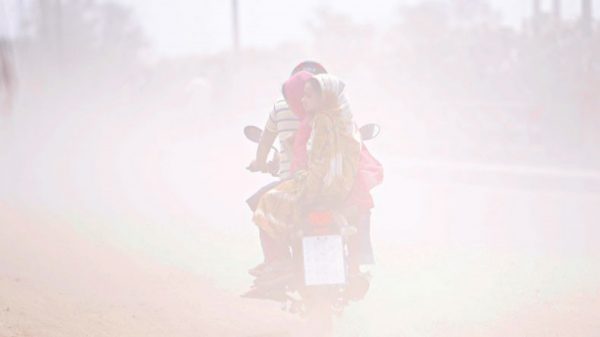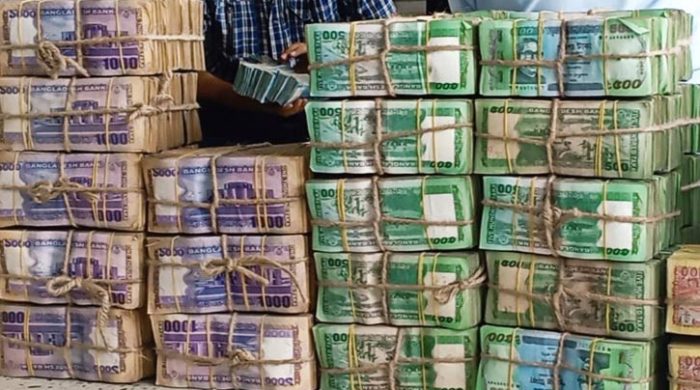Air Quality Index: Dhaka ranks 2nd worst

- Update Time : Saturday, February 15, 2020
- 190 Time View

Bangladesh’s capital Dhaka ranked second among cities with worst air quality on Saturday morning.
It had an AQI score of 197 at 08:05am. The air was classified as ‘unhealthy’.
Mongolia’s Ulaanbaatar and India’s Kolkata occupied the first and third spots in the list of cities with the worst air quality with AQI scores of 233 and 187 respectively.
When the AQI value is between 151 and 200, every city dweller may begin to experience adverse effects in their health, particularly members of sensitive groups.
The AQI, an index for reporting daily air quality, informs people how clean or polluted the air of a certain city is, and what associated health effects might be a concern for them.
In Bangladesh, the AQI is based on five criteria pollutants – Particulate Matter (PM10 and PM2.5), NO2, CO, SO2 and Ozone (O3).
The Department of Environment has also set national ambient air quality standards for these pollutants. These standards aim to protect against adverse human health impacts.
Dhaka has long been grappling with air pollution. Its air quality usually improves during monsoon.


















